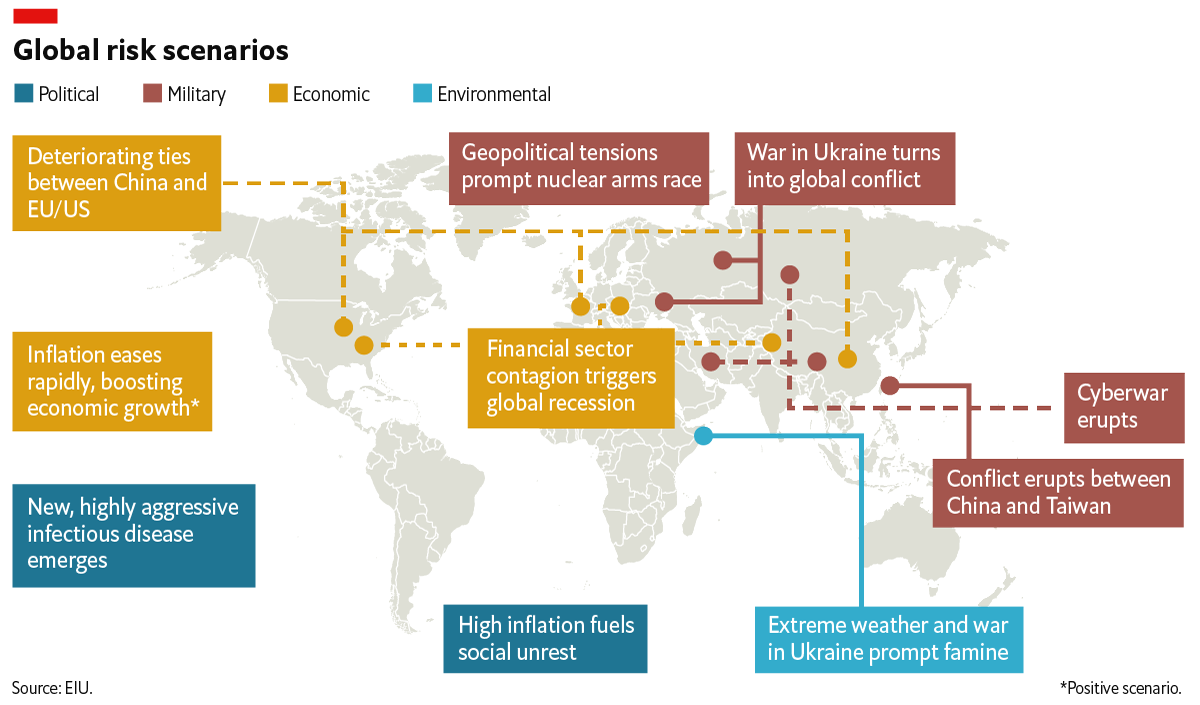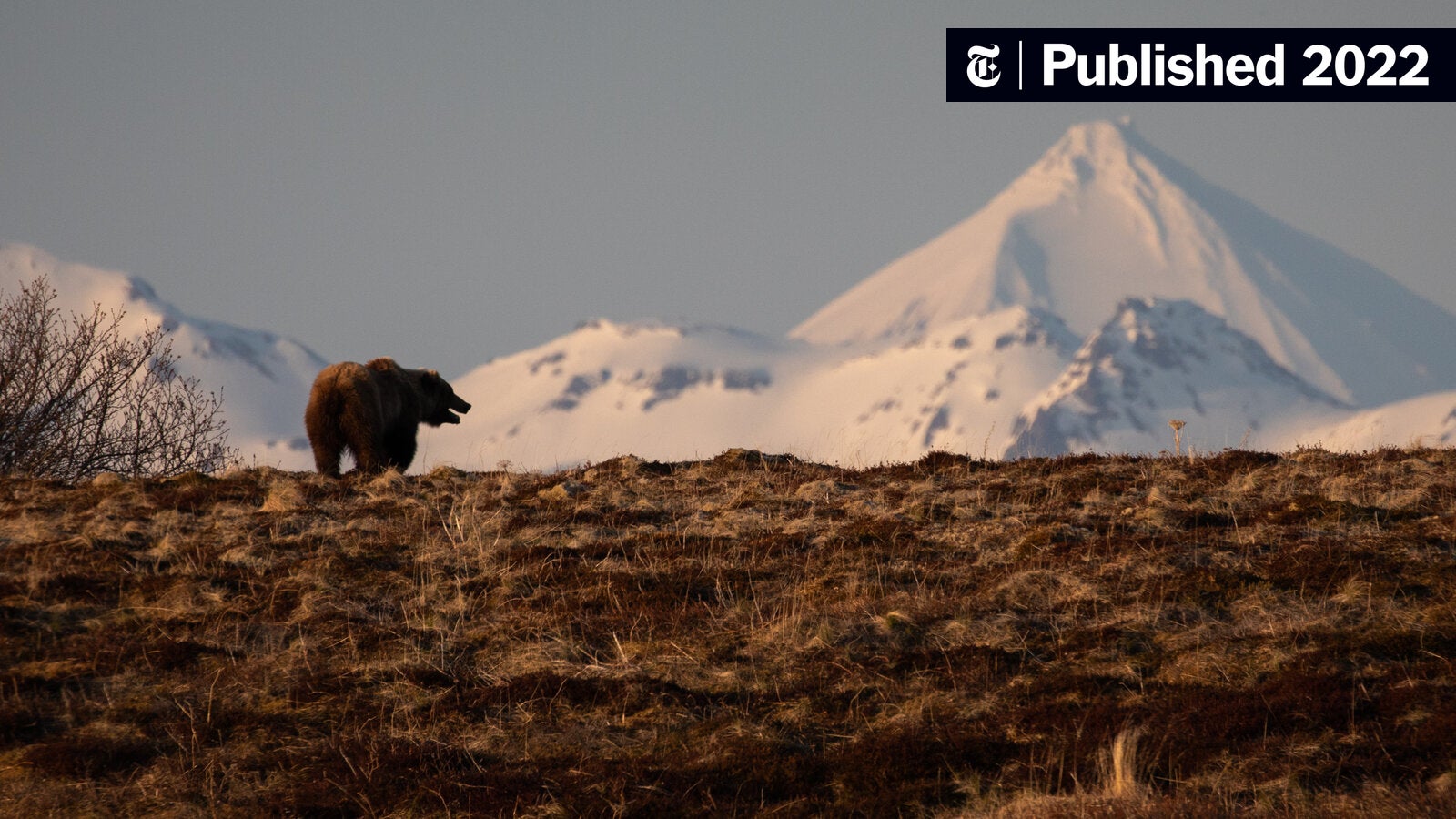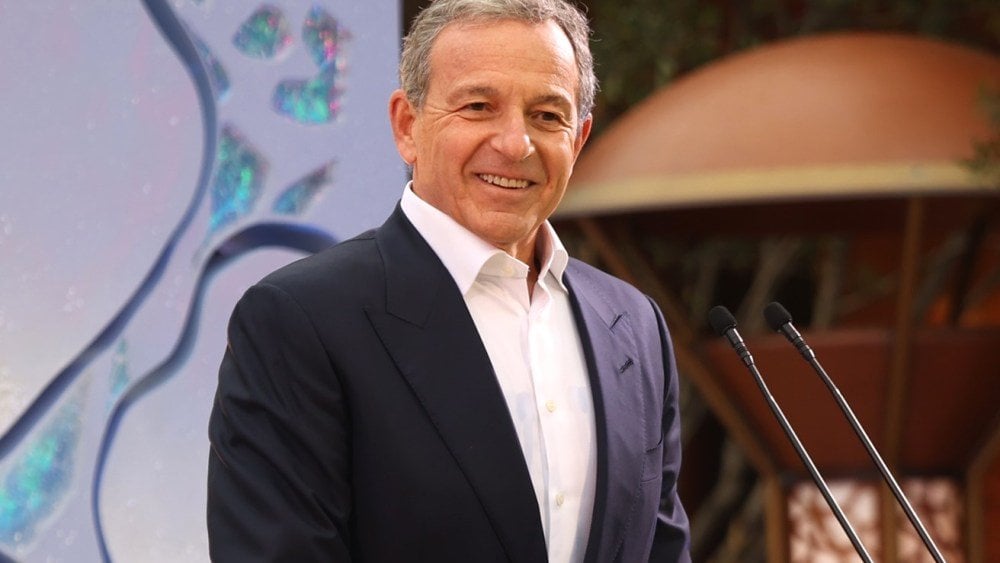Greenland And Denmark: Trump's Influence And The Shifting Geopolitical Landscape

Table of Contents
Trump's Greenland Purchase Proposal: A Geopolitical Earthquake
Trump's unexpected proposal to buy Greenland wasn't a whimsical suggestion; it was a direct reflection of his "America First" policy and a strategic move driven by resource interests and geopolitical positioning. Greenland, with its vast reserves of rare earth minerals crucial for modern technology and its strategically important location in the Arctic, was seen as a valuable asset.
The proposal, however, was met with widespread outrage and swift rejection from both Denmark and Greenland. Danish Prime Minister Mette Frederiksen famously called the idea "absurd," underscoring the deeply offensive nature of the suggestion to a self-governing territory. This incident significantly strained US-Denmark relations, raising questions about the future of bilateral cooperation.
- Details of the proposed purchase: While specifics were scarce, the proposal implied a complete or partial acquisition of Greenland by the United States, potentially involving significant financial compensation.
- Public statements: Trump's public statements often characterized the proposal as a sound business deal, while Frederiksen and Greenland's leaders firmly rejected any notion of selling their territory. The ensuing international media coverage was overwhelmingly critical of the US proposal.
- International media coverage and reactions: The global reaction was largely one of disbelief and condemnation, with many commentators highlighting the colonial implications of the proposal and questioning the US's understanding of Greenland's self-governance status.
Greenland's Strategic Importance: A New Cold War Arena?
Greenland's geopolitical significance extends far beyond its potential economic value. Its location provides access to crucial Arctic shipping routes, impacting global trade and military mobility. The island's abundant natural resources, including rare earth minerals like neodymium and dysprosium, are vital for technological advancements. Furthermore, the effects of climate change, including melting ice caps and the opening of new navigable waters, further amplify Greenland's strategic value.
This increased importance has drawn significant attention from other global powers, notably China and Russia. Both countries are actively investing in Arctic infrastructure, research, and military capabilities, aiming to secure their own access to resources and strategic advantages. This growing interest raises concerns about a potential "new Cold War" playing out in the Arctic.
- Specific rare earth minerals: Greenland holds substantial deposits of rare earth elements critical for various technologies, including electric vehicles, wind turbines, and smartphones.
- Military installations: While Greenland currently hosts a limited US military presence, the possibility of expanding these installations or establishing new bases is a key element in the geopolitical competition surrounding the island.
- Chinese and Russian activities: China's Belt and Road Initiative extends into the Arctic, and Russia is modernizing its northern military infrastructure, increasing its presence and influence in the region.
The Denmark-Greenland Relationship: Navigating Autonomy and Sovereignty
The relationship between Denmark and Greenland is complex and evolving. Greenland enjoys home rule, managing its internal affairs while Denmark retains responsibility for foreign policy and defense. However, Greenland's increasing desire for greater autonomy and sovereignty has been a recurring theme in recent decades.
Trump's ill-advised purchase attempt inadvertently accelerated this process. The incident spurred a renewed sense of Greenlandic national identity and a strengthened desire for greater independence in decision-making. While Denmark remains Greenland's primary economic partner, the future of their relationship will be defined by a delicate balance of autonomy and shared interests.
- Key aspects of Greenland's home rule: Greenland's home rule agreement grants significant self-governance but leaves certain powers, such as foreign affairs and defense, under Danish control.
- Economic ties: Denmark provides significant financial support to Greenland, although Greenland is increasingly seeking economic diversification.
- Areas of potential cooperation and disagreement: Future cooperation between Denmark and Greenland will likely center on sustainable development, resource management, and climate change adaptation. Potential disagreements may arise over the pace of Greenlandic independence and control over resources.
The Future of Greenland and Denmark in the Arctic Geopolitical Landscape
The future of the Greenland and Denmark geopolitical landscape is fraught with uncertainty. Increased competition for Arctic resources is inevitable, requiring both countries to navigate complex international relations. Greenland's path towards greater self-determination will continue, potentially leading to shifting alliances and new partnerships. Sustainable development and environmental protection will be crucial to ensuring a stable and prosperous future for the region.
International organizations and agreements, such as the Arctic Council, will play a vital role in shaping the future of the Arctic. However, the effectiveness of these bodies will be challenged by growing geopolitical tensions.
- Predictions for future resource extraction: The extraction of rare earth minerals and other resources in Greenland will likely increase, attracting further international interest and investment.
- Potential future alliances and partnerships: Greenland may seek closer ties with other nations, potentially diversifying its alliances beyond its traditional relationship with Denmark.
- Key international agreements: Agreements on issues such as fishing rights, environmental protection, and scientific cooperation will be essential in managing the resources and challenges of the Arctic.
Conclusion: Navigating the Shifting Sands of Arctic Power
Trump's attempt to purchase Greenland fundamentally altered the Greenland and Denmark geopolitical landscape, highlighting the region's critical strategic importance and prompting increased competition for resources and influence in the Arctic. This event has forced Denmark and Greenland to navigate a complex web of international relations, redefine their own relationship, and proactively shape their future in an increasingly competitive Arctic environment. Understanding these evolving dynamics is crucial for comprehending the future of this vital region. Further research into the Greenland and Denmark geopolitical landscape is essential to fully grasp the implications of these significant shifts.

Featured Posts
-
 Edmonton Oilers Playoffs Leon Draisaitls Injury Recovery Timeline
May 09, 2025
Edmonton Oilers Playoffs Leon Draisaitls Injury Recovery Timeline
May 09, 2025 -
 Thousands Return To Anchorage Streets To Demonstrate Against Trump Policies
May 09, 2025
Thousands Return To Anchorage Streets To Demonstrate Against Trump Policies
May 09, 2025 -
 Strong Parks And Streaming Performance Boost Disneys Profit Forecast
May 09, 2025
Strong Parks And Streaming Performance Boost Disneys Profit Forecast
May 09, 2025 -
 Cap Nhat Moi Nhat Loi Khai Bao Mau Bao Hanh Tre Tai Tien Giang
May 09, 2025
Cap Nhat Moi Nhat Loi Khai Bao Mau Bao Hanh Tre Tai Tien Giang
May 09, 2025 -
 Hl Njh Fyraty Me Alerby Alqtry Bed Rhylh En Alahly Almsry
May 09, 2025
Hl Njh Fyraty Me Alerby Alqtry Bed Rhylh En Alahly Almsry
May 09, 2025
